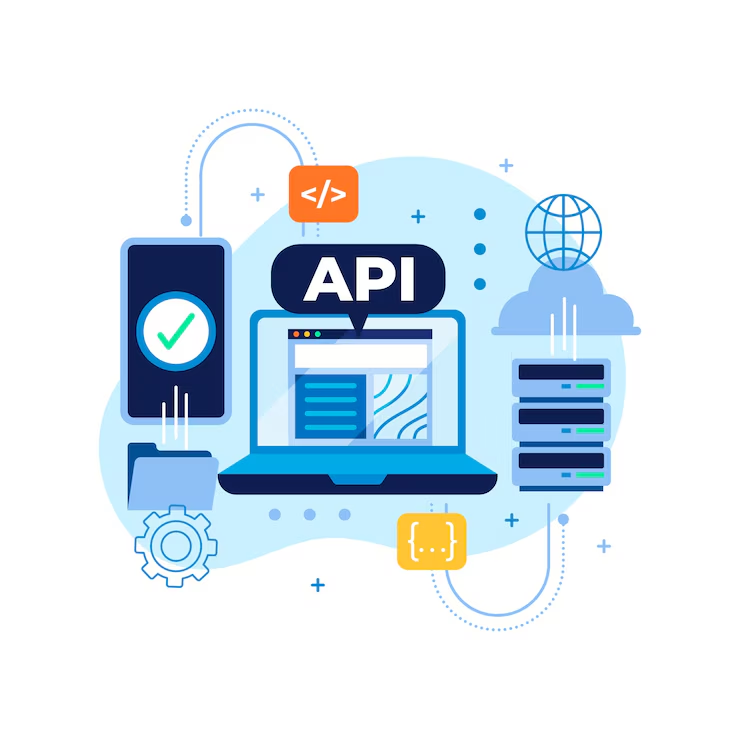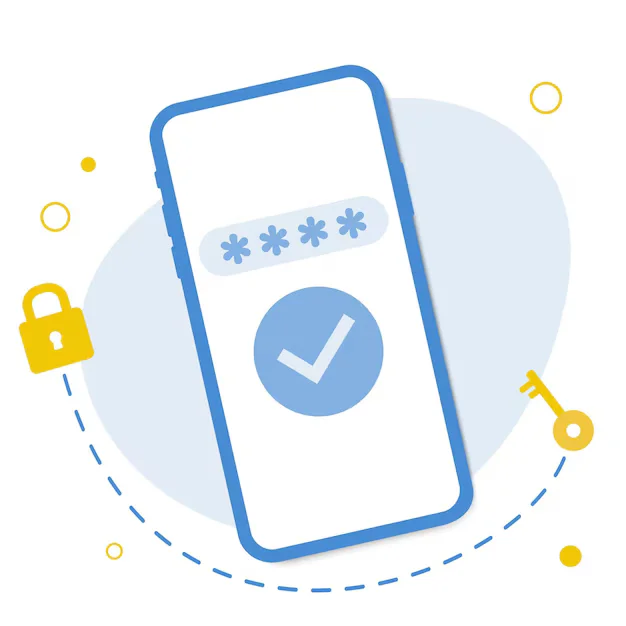Using Flutter Riverpod to Manage WordPress API State Cleanly
Using Flutter Riverpod to Manage WordPress API State Cleanly

Building a modern app with Flutter and WordPress as a backend offers powerful possibilities — especially when it comes to state management. But with great flexibility comes the challenge of keeping your app’s data flow predictable, scalable, and testable. That’s where Riverpod comes in.
If you’re consuming the WordPress REST API in your Flutter app — for posts, user data, WooCommerce products, or anything else — Riverpod helps you manage that data in a clean and maintainable way.
Why Riverpod for Flutter?
Riverpod is a next-generation state management library for Flutter. Unlike older patterns like Provider, Riverpod gives you:
-
Compile-time safety
-
Support for async data fetching
-
Clear separation of concerns
-
No dependency on widget trees
-
Better performance with less boilerplate
These features make it perfect for apps that interact with APIs like WordPress, where data is fetched, cached, and updated frequently.
The Challenge of Managing WordPress API Data
When your Flutter app talks to a WordPress backend, you typically deal with:
-
Async data loading (posts, users, categories, etc.)
-
State changes (loading, success, error)
-
Pagination or filtering
-
User authentication and token handling
-
Refresh or update UI based on server changes
Without a structured approach, it’s easy for logic to get scattered across widgets or tied to fragile lifecycle methods.
Riverpod to the Rescue
Riverpod makes it easy to:
Fetch and Refresh API Data
You can define providers that represent async API calls (like fetching blog posts or categories). These providers can automatically notify your UI when the data changes or when you trigger a refresh.
Separate Business Logic
Rather than embedding API calls in widgets, you encapsulate them in notifiers or providers, keeping the UI clean and focused only on display logic.
Test Easily
Thanks to Riverpod’s decoupled architecture, mocking or testing your WordPress API interactions becomes much simpler — no widget rendering required.
Share State Globally
When a user logs in, you can share their token and profile data across the app using Riverpod providers, avoiding the need to pass data through constructors or navigation routes.
Typical Use Cases for Riverpod + WordPress
-
Show recent blog posts on the home screen with pull-to-refresh.
-
Load WooCommerce products with categories and filters.
-
Display logged-in user info like profile, orders, or comments.
-
Manage global states like dark mode, language preferences, or authentication tokens.



